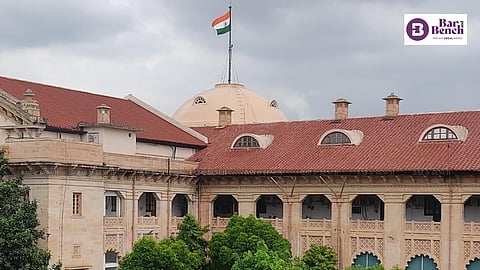
- News
- Columns
- Interviews
- Law Firms
- Apprentice Lawyer
- Legal Jobs
- हिंदी
- ಕನ್ನಡ

The Allahabad High Court recently acquitted three accused who were convicted by the trial court for a murder committed in 1989 [Jwala Prasad and Others v. State of Uttar Pradesh].